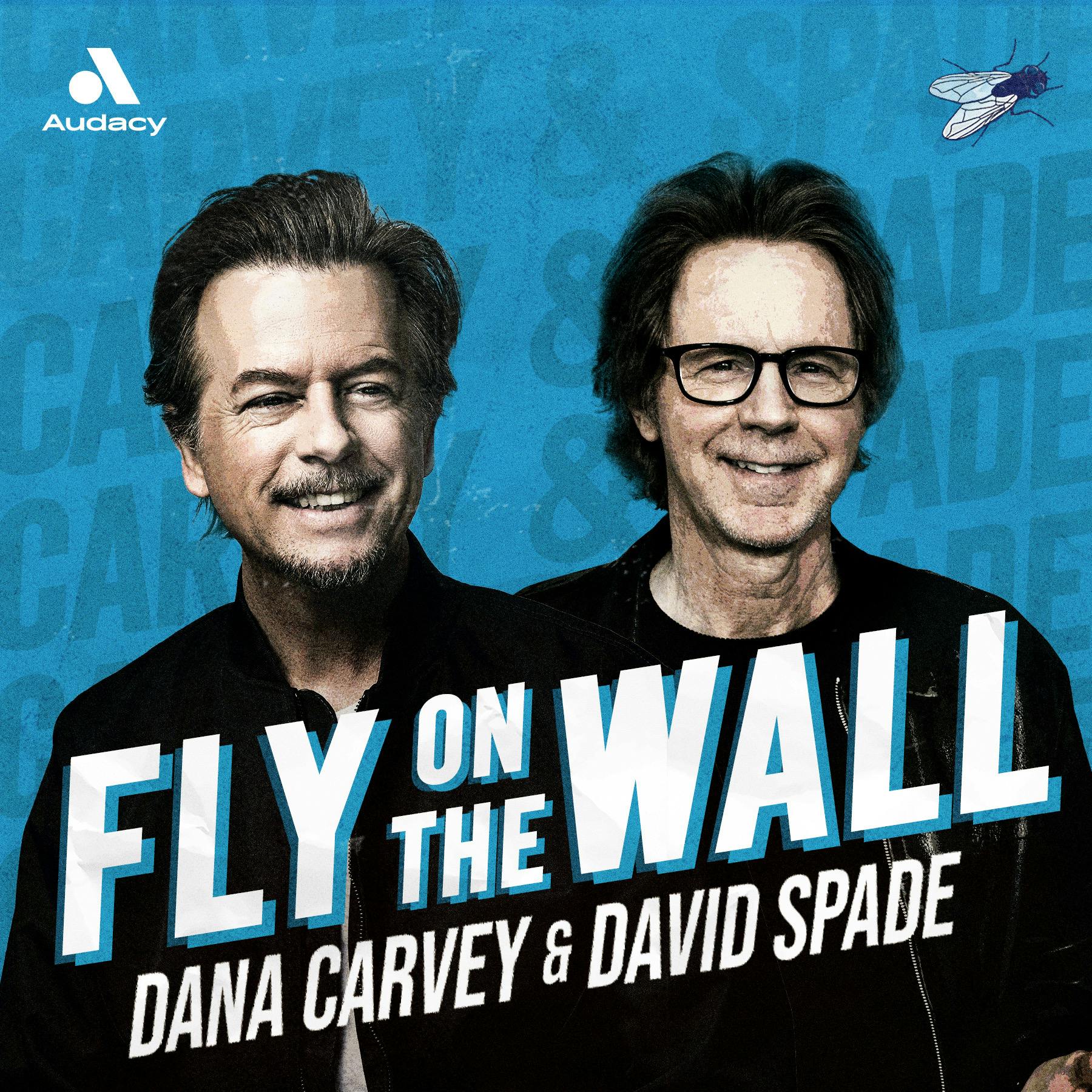
TAGQ (That's A Good Question)
TAGQ (That's A Good Question)
Love is the Best Question
Use Left/Right to seek, Home/End to jump to start or end. Hold shift to jump forward or backward.
Why rely on AI for podcast transcripts? Join us as we humorously grapple with this very question, beginning with our comical hunt for the ever-elusive Zoom link. Once we’ve conquered that hurdle, we bring you into our cozy conversation from rainy Whidbey Island, where Cinco de Mayo festivities are in full swing. We’re excited to introduce AI-generated transcripts to our episodes, but not without weighing the benefits and drawbacks of this technological leap. What starts as a playful debate about the color of a jacket morphs into a fascinating exploration of semantics, communication, and the evolution of language.
Ever wondered how a single question can shape your entire career? Reflecting on a pivotal chat about parallel computing from 1981, we recount a journey that meandered from software development to hardware design and even education. We discuss how good questions have the power to ignite passions and drive professional evolution. We also touch on the profound impact of free software, especially vector graphic editing tools, on personal and industry-wide growth, showing how these resources democratize tech innovation.
Can love be a form of activism? Inspired by a Zen master and a memorable episode of "On Being" with Angel Kyoto Williams, we delve into this transformative idea. We explore how allowing others to be as they are can fuel both personal growth and social change, sharing insights from a course on "The Inner Life of Activism." Finally, we ponder the diverging paths of technical versus philosophical inquiries, using personal anecdotes to highlight how these questions shape our journeys and creative pursuits. Join us for a rich blend of humor, reflection, and thought-provoking discussions.
I just have to keep digging around in my old messages to find this Zoom link.
Scott:For this biweekly scheduled Zoom podcast of TAGQ.
Ben:Precisely precisely.
Scott:Thank goodness for global search on your computer global search.
Ben:Yeah, I'll have to search lost connection comma, not sure why every time, because that's the. That's the uh commentary on the zoom link I see okay, welcome to the podcast. It's very rainy, dreary afternoon here on Whidbey Island. Clouds are in the sky, water is falling. On this Sunday, may 5th, oh, cinco de Mayo. How do you know that? How do you know that? What do you know? Yep, you going to the Cinco de mayo party down the street later oh, that's what they were doing at the neighbor's place nice, they're still, still going strong.
Scott:I remember going to that this is like a cinco de mayo brunch. Someone was on their front sidewalk. It's like I don't mind chewing back. Why are you?
Ben:but did I have the margarita slushy machine?
Scott:there were drinks in hand, but this was like 11 am or noon, I guess that's late enough but you know, yep, on a sunday, people drink mimosas. It's all fair game speaking of searching for things, I went back in our past dozen episodes of TAGQ and added transcripts for all of them. We'll see how the AI translates what I just said.
Ben:The help of artificial intelligence. Yeah, they're all AI done.
Scott:I don't really proofread them, so there's probably lots of mistakes.
Ben:You sent me? Had you edited those, or were those all? Those were right on the machine.
Scott:Yeah, once you have a transcript, then you can. You ask ai to like summarize it or give you chapter headings and, depending on the engineer or the version of their large language model they're letting you you use.
Scott:So but I got it all figured out so, uh, I'm last.
Scott:two episodes ago, we were talking about maybe starting a distributed leadership. You know laying me off, and I would, I would like to, you know, engage in a distributed leadership, the opposite of laying off. What's that Firing? Well, affirmation no.
Ben:Oh, I see, I don't want to lay you off. We just want you to know that we're really happy you're here. Yes, you're going to stick around.
Scott:All of us have gotten together and we're going to give you this piece of paper.
Ben:So you're saying it's.
Scott:That's old fashioned. It's not even going to be a piece of paper, it's going to be an icon or an ad on a computer.
Ben:Then it's the opposite of laid off, in that, well, tesla is going to go lay off a bunch of people, so the people that don't get laid off, is that the opposite of a layoff? I suppose yeah but at the end of the day, opposites. Maybe they're not as cut and dry as we think they are wow wow, that's profound.
Ben:You know, people were asking me yesterday what my favorite color was, and well, I'll get to that in a second. But they also. We really got into semantics with it. I ended up describing Well, we got into. You know how sometimes you just get into fights about colors. It's like this is not orange, are you kidding me? That is 100% yellow. And the whole time I was just thinking like okay, it doesn't, like we should all lay off of each other for a bit. Like it's yellow and orange. They're close enough. Orange is full of yellow anyways. So why do we need to get into fights about what color things are? I just did we're able to get our our our needs met anyway, right, like orange was originally known as yellow red yeah, there you go exactly.
Scott:Yeah, yellow red, yellow, red orange no, the fruit. The fruit was called something like naranja, that was like the, the base of the word naraj, naranj, and then it evolved into orange.
Ben:The word moved westward yeah, people breathed life into it and it evolved along with us.
Scott:Yes, I think people should no, I think they should fight. Orange is just the color of the fruit, nothing else. Everything else is yellowish orange or reddish orange. That's my take. Say those words again one more time yellowish orange or reddish orange or reddish you know it's like on the compass you've got northeast or north right right.
Ben:So yeah, that's right. You wouldn't say east, east, north, but it's like people know what you mean. You say that, don't they? Reddish orange right or orange red, or is that? I've never heard that. Yeah, I made the miss. I made a mistake yesterday of of describing a core, a color, as like orange, yellow, yeah and really I just meant it was an extra orange yellow and I, oh man they that's so they wanted my head.
Ben:you, I don't appreciate how you're like. You're not attacking me, but you're really trying to police my description of colors and doesn't feel very good and I don't know why they like gave me the whole. They weren't a man, but they mansplained to me, like how tertiary and secondary and primary colors work. I'm like I understand and I also don't think it matters.
Scott:If you had said orangish yellow, maybe it wouldn't have happened it could be. Yeah, you tried to crowd a new name.
Ben:It's like an orange yellow. Yeah, you tried to crowd a new name it's like an orange yellow. Yeah, you tried to crowd a new game on them. Yeah, this was after a whole conversation where they thought my brown jacket was actually orange, but they were actually just. You know, they were mistaken. They, they, they, um, they what's the word?
Scott:they, um it sounds like a game show where you sit around and argue about what color that is it was a lot.
Ben:It was a lot of stimulation. I had to really had to wind down after that. But I brought all this up because we've always talked about how orange is my favorite color as a kid. And as a kid I always thought like, wait, dad, your favorite color is orange too, but mine is orange. It's like we have to, we can't, we can't do that. And I can't remember if there was ever a point where I legitimately thought that, like if I had ownership over the, the favoritism, um, but I've been thinking for so long that orange is my favorite color since that. I don't really know. I, I, oh, I'm not really sure what my favorite color is.
Scott:Wow, yeah I do know, whenever I look at anything, orange is always like a happy color. Yeah, you never see it in any use and go like, oh, that's too bad. I'm sorry, that's orange, you know well, I I would argue.
Ben:Some people would say ew, look at that car.
Scott:All the other colors you can see. Depending on context, it might not be good Like oh, that's blue or oh that's red when orange is always chill. That's a pretty orange room you're sitting in. It's always exciting. It's always exciting to me. Yeah. Like it's tasty, or it's colorful, or it's happy.
Ben:Well, it's energizing. It's a pretty energizing color, yeah, because it's got the fire fieriness of red but toned down with, like, the cheeriness of yellow.
Scott:It feels more calming than yellow to me. Yellow, yellow to me, you're still like um woo. You know, you know it's coming with yellow.
Ben:Interesting, yeah, why I love this painting? Because it had all the oranges in it, yeah. My first couple of years living on the island. While I was working at the food bank farm I got to see all the donations that came into the thrift store donation intake.
Scott:That's the one you um? Uh, hornswoggled, no, what's the word for it?
Ben:depends on what hornswoggled means.
Scott:That's the one. You slipped out of the donation stream.
Ben:Windled.
Scott:Into your car.
Ben:I asked the donation intake manager person. Hey Kelly, I'm really into that painting and they had already put a price on it. It's like $45 or something and she's like give it to you for $10.
Scott:Does it have a signature on it?
Ben:Okay, yeah.
Scott:Have you researched it?
Ben:No, I haven't actually, maybe I should. Yeah, that's a good question. That's a good question. That's a good question. Who?
Scott:is Blumenthal.
Ben:We have Google right now. Who is Blumenthal oil painter? I'm not going to get anything.
Scott:There's going to be tons of Blumenthal's painting, because you know what Blumenthal means like flowers. So this is a person, oh my gosh, of course it does.
Ben:The AI answer from Google is there are many oil painters with the surname Blumenthal.
Scott:Pacific Northwest. Ask him Wow.
Ben:This lady is way too LA.
Scott:Definitely not her pacific northwest nah, if you use uh ai, who knows whether that thing's telling you the truth? This lady looks like ellen degeneres okay this is great great podcasting, or uh, I'm sure this blumenthal is a very famous painter, so very famous.
Ben:Very famous Blumenthal. Who's the most famous Blumenthal you can think of? Oh.
Scott:Chad GPT did not know of any Blumenthal. This is probably just made by. You'll have to research it. Maybe it's a person on the island who's a painter, Right? Someone who lives on the island's a painter, Right? Yeah, Someone who lives on the island. Their mom painted it and then they gave it away, or their dad. I don't want to be Make any assumptions.
Ben:You never know. Yeah, I Don't know, I don't know, I don't know, I don't know. I don't know.
Scott:I don't know, I don't know, I don't know so I wanted to talk about um the tag queue. This is a good question this is a good question. I have researched other podcasts that accidentally used the same name and I have not found any currently running ones, or any humorous ones there aren't any humorous really. Yeah, there are more serious ones like the one I found is two pastors in a church in Michigan trying to make sense of between 2020 and 2022. And then they gave up.
Ben:They couldn't make sense of it. Wow, they gave up. They couldn't make sense of it wow they gave up?
Scott:no, they were, clearly. They knew, like you know, january 9th 2021. They knew what the story was. You know, yeah, but I think, culturally, I don't know, maybe they're just not putting it on YouTube, I don't know, maybe they're just not putting it on YouTube anymore. I don't know.
Ben:Was that their only medium? Youtube?
Scott:But what I wanted to bring up was thinking of that is a good question as something. Good questions are ones you ask and don't get an answer for right away that's right good questions are the ones worth devoting time and maybe careers, to. Good questions can take decades or you never get an answer, and yeah, so this would be a good time for you to ask me if I ever had a question like that in my life.
Ben:Question that drives you. That drove me yeah, that drove you and no longer does, Got you where you are, and that's I'm not sure it doesn't. This would be a good time for that, huh.
Scott:Yeah, but I'm waiting.
Ben:I'm wondering. I'm wondering Dad waiting. I'm wondering dad.
Scott:I'm wondering what are you wondering, man?
Ben:okay, you got me. I'm wondering there were ever any questions that that really that really drove you funny?
Scott:you should ask. I was just. That's a good question. No, hold it, that's recursive, forget it.
Scott:Um, I was walking up the stairs at Honeywell re-engaging off mode where I worked as a student job and in college and I've been talking to another guy and he was bringing up his own ideas about how he just made the observation that all the computer programming you do is strictly substantial. There's just a linear order ordered to it, a single linear order like a single tape or a single string, whatever, no way of. And he had said, but maybe that's not the only thing we can do, what if you know things got done in parallel? You know what if you wrote a program that, um, you wrote a linear do things, multiple things at the same time? It's like wouldn't that be fun? And I was hooked, you know. I mean, the realization came to me like walking up the stairs by myself, but I was hooked after that on the eye. That's cool. And what? What year was this? 81?
Scott:since you're, you're just 81, are you?
Ben:just graduated college.
Scott:No, it was my last year of college.
Ben:Okay, and how was?
Scott:Honeywell connected. I worked there, it was my summer, it was my student, it was your student job. I was a computer programmer working on imaging, video imaging systems. Okay, back before we had a VCR. I mean, that's the place where I first saw VCR. You know it's like, oh interesting. Yeah, it was a good question and you know I eventually figured out how to do it.
Scott:It took decades to you know, what I didn't understand is like this is almost what hardware people do. This is almost what my dad does for a job. I did not understand that in 1981. I was just a software person and I thought like, wouldn't it be cool if you could write software that way? But eventually I learned that, like no, that's almost how they designed hardware. I learned how to design hardware and you know I really do like programming things in parallel, but I don't do it at the moment.
Ben:You don't even mess around in it, because you used to mess around with it. I remember. I'd wake up in the morning and that'd be what you were doing at the kitchen table.
Scott:Yeah, I programmed free software that led to business opportunities. It's in the past. I'd do it again but I think, if I do anything more it would be educational, because if anyone was curious, I'd like to show them how it's. You know, when I finally got a environment for writing parallel programs working, it's as much fun as when I first learned how to write something in basic in high school. It was like, oh wow, this is cool. I didn't even know this way of representing things happened. It's so much fun.
Ben:Yeah right.
Scott:Yeah, there, I kind of hornswoggled the podcast there for a while, didn't I? I'm here for it. I'm not sure that's the right word.
Ben:I've never heard that word before, so which means it is probably simultaneously not and is the right word.
Scott:One good question? You know what I was? Just other thing I was thinking what's a good question? That's been driving you since you were let's say 21. Oh, since 21.
Ben:Well, before we get to that, I want to know if there are any free software programs that stick out in your brain that you invented that could sponsor the podcast yeah, sure, yeah, yeah, yeah, that's hard to follow oh well, I um.
Scott:I got to california and started using free software that was a vector graphic editing framework out of Stanford. That was like 1989.
Ben:Say that again.
Scott:Vector graphic. You know the difference between vector graphics and pixel raster graphics.
Ben:I haven't gone to that.
Scott:Okay, so a painting program or a pixel painting program? It's a grid of whatever 1,000 by 1,000 pixels, and each pixel has its own color, right yeah? And you build a painting out of picking a color for each pixel, uh-huh, whereas in vector graphics you don't have that representation. Instead, you have shapes, circles, squares, rectangles, polygons, open B-splines. They're all G-fold, they all have an assigned color or gradient. Put all that together and it renders a pixel version of it. But the document or drawing can be deconstructed, and then it's still got the circles and rectangles that you made it up of, you know, and you can mathematically manipulate those. You can uh, you know, duplicate them, copy paste them.
Ben:All the little individuals shapes.
Scott:Yeah.
Ben:Uh, uh-huh.
Scott:You can draw things using copy paste, anyways. You can draw things using copy paste, anyways. It was called Interviews, interestingly enough, written by Mark Linton was a professor and his grad students John Vlasides is the most famous one, and he wrote the graphic editor framework that was embedded in interviews, called Unidraw, but I got to make an ad out of this. This all led to a new free software package where I forked it and have kept it running for the next 30 years, called Ivy tools, iv tools.
Ben:IV tools yeah. So interview tools Interview tools Interview tools.
Scott:And I eventually. It used to be a layer on top, but since they never came out with a new version, I incorporated all the base stuff. So that's it. Ivtoolsorg. Look it up.
Ben:IVtoolsorg. Yeah, this hit on Google is pretty promising. Vectorport slash IVtools.
Scott:Did that just work? Just like that.
Ben:I Googled IV tool software.
Scott:Oh, really, that's good.
Ben:GitHubcom. Does that sound right?
Scott:Yeah, that's where it is.
Ben:Hacking materials slash IV tools. What's going on here, Dad?
Scott:Pardon, I don't know. The third hit is hacking materials slash IV tools. What's going on here, dad?
Ben:Pardon, I don't know. The third hit is Hacking Materials slash IV tools.
Scott:Just go to IVtoolsorg. Okay. Yeah, because it's such a common. You know, just like tag cute, I wasn't the first or last person to think of that name for something. But yeah. And it's free software. Use it to write your own vector graphic editor, like I've done a few times. Editor, like I've done a few times. It requires X11 window system, which is a dwindling availability in this world. You can still get it on your Mac and on your Linux box, but that's a whole other story for another podcast, not even.
Scott:Yep, not even computers last forever I was thinking I realize what the podcast is. Is kind of like having a conversation on stage, right you don't really know who's sitting out there listening to it is kind of like having a conversation on stage, right, you don't really know who's sitting out there listening to it. You can't see them. The lights are on you.
Ben:Yeah, yeah, but you realize that someone's listening Right, which is the more I think about it as a podcast. I feel like the less interesting I become and the more I just think about it as like oh, I'm here to, like you know, ask my dad questions and just you know banter. And when I forget that we're making a podcast is when I feel like it becomes the most interesting, yeah, but you can't start without the knowledge of it's being recorded.
Ben:It's true and why it's a muscle yeah yeah, people learn how to get, get to that place of burstiness and creativity even though they're on stage.
Scott:Yeah right, you a channel, channel that spirit well, isn't the audience part of getting you to channel it?
Ben:I mean, they're part of it. Yeah, yeah, but also you can. Well, what do you? What are we channeling?
Scott:I mean yeah I don't think I really um, if no one's listening, it's like, why make it into words? I can just think these thoughts in my head well, I'm listening, yeah. I know.
Ben:I don't know if I can think these thoughts in my head. I can't. I'm not. I've gone in an ebb and a flow of being better and worse at having conversations with myself in my head yeah, with myself in my head, yeah, and the presence of another human makes it much more easily accessed.
Scott:Yeah, yeah. Yeah.
Ben:I hear an echo of something, something like you asking me a question that has driven me since I was the age of 20 let's say 21 yeah, 21, 21, yeah, yes, yes, yes, yes, yes, um good question, something you want to still figure out or still know how to do.
Scott:Yeah, yeah. Right or wonder what the future will bring.
Ben:What it?
Scott:was like when I was 21. It doesn't have to be 21.
Ben:No, I know Since, yeah, but it seems to me interesting. It seems interesting to me to reflect on that age. What was I good enough to?
Scott:oh, and the day I turned 21.
Ben:I was in new zealand where the drinking age was 18. I was hanging out with my parents. I was turning 21 in a country where the drinking age was 18 and my parents were visiting me that's also the first day they can drive they did buy me a drink, though.
Scott:Yeah, it's the first day they can drive yeah, and and drink same day oh I forgot about that at least that's in australia, I don't oh okay, I don't know what driving age in new zealand is, but um in age in New Zealand is Since I've been 21,. I Did you wonder if you could spend the rest of your life in New Zealand? Was that a question?
Ben:There was a question of is there any way that I could come back to this place? That was a question. Yeah, yeah, is there any way that I could come back to this place? That was a question. Yeah yeah, I was first introduced to this podcast called On being when I was 22, I think, yeah, I was 22 when I was first introduced to this podcast and it's a really well known podcast and I remember pretty sure the first episode I listened to was with a Zen master named Angel Kyoto Williams, and I believe Kyoto is her Zen name and then Angel Williams is I don't know if it's her given name or chosen name, but, point being, in that podcast she like kept using the word love and this is a podcast where they just try to get down to like perplexing questions about what it means to be human and how we can be the best humans we can, and she just kept talking about how, like the world is our field of practice and you know this, we, we show up in the world and it's just a constant failing and succeeding and failing and learning more.
Ben:I don't know if she said the world should, you know, life should be about learning how to be the best human. No, that's not kind of what she said, but I think in my 22-year-old brain that's probably how I interpreted it. But the interviewer at one point like, and what do you? What do you mean by love? Like what actually is that? And uh, she responded with love is the capacity to allow others to be as they are. And that statement kind of blew me open a little bit, because I don't think I spent very much time thinking about the word love before that and she got me thinking that it's like oh, love actually is something here to be reckoned with. It's not just something, it's not just a nice to have, it's. How do I embody and get in touch with that more fundamental idea of love? Um, that more fundamental idea of love.
Ben:Yeah, because now I, I know it, it's there and I actively, you know, at least trying to, you know choose love and always asking myself what does that even mean, what does that even mean, what does that even mean?
Scott:So that's what comes to mind. You were there are others. It seems like you were an early podcast user. Maybe not that early, but earlier than me.
Ben:I would say I was right in the middle of the bell curve. Right in the middle of the bell curve. Yeah, it was a thing. Yeah. Well, it was introduced to me from a professor. I was taking a class called the Inner Life of Activism. Introduced to me from a professor I was taking a class called the. Inner Life of.
Ben:Activism. And that class was about how, if you feel called to try and make the world a better place, what does that work even look like? How do you sustain that work? And a big part of that class was exploring how it really begins with cultivating in yourself joy and health and vitality and tapping into a larger source in order to really move your work forward. In order to, like, really move your work forward, cause otherwise you gotta you gotta have the big perspective in mind and you gotta be able to hold that perspective in your bones If you're really good, you know, move forward with it.
Ben:Um, yeah, I wish I could say that there was some. You know, life would look different for me and my life might be a little bit easier for me right now. There was a more technical question in the works for me being like wow, how do octopuses pace with their tentacles? Yeah, like you know, life would have a very different path if those were the questions that drove me forward. But they're not. So it's really interesting to know. Kind of think about that, like the questions that have driven me have never been.
Scott:Not that your question was all that technical, because it was philosophical, but it also had that technical component, but the questions that have driven me have never been technical we just just went to Adam's poster board in San Francisco State and been thinking about him a lot. There were people there really driven by very technical questions.
Ben:Yeah right. Part of me wonders what life would be like if that was the path. Yeah.
Scott:Yeah, I'm proud of that man. That's that kid you're becoming yourself.
Ben:Um, they've always your parents have always supported that this is this, yeah, but if the questions I'm exploring just keep leading me down to the idea that I don't have a self, then it's like oh we, we've got less than a minute here on our schedule, quite a podcast so you just brought up a really good question.
Scott:It's going to take like a another year.
Ben:The next one to live out and explore. Thanks for being here.
Scott:Yep, great to talk to you.
Ben:Thanks for being my audience. Even if it's just you. And vice versa, that's true IV tools, go draw at IVtoolsorg. And if you don't want to, draw.
Scott:Just go write your own drawing editor or your own version of it.
Ben:That's what I did just get technical yeah, yes.
Podcasts we love
Check out these other fine podcasts recommended by us, not an algorithm.
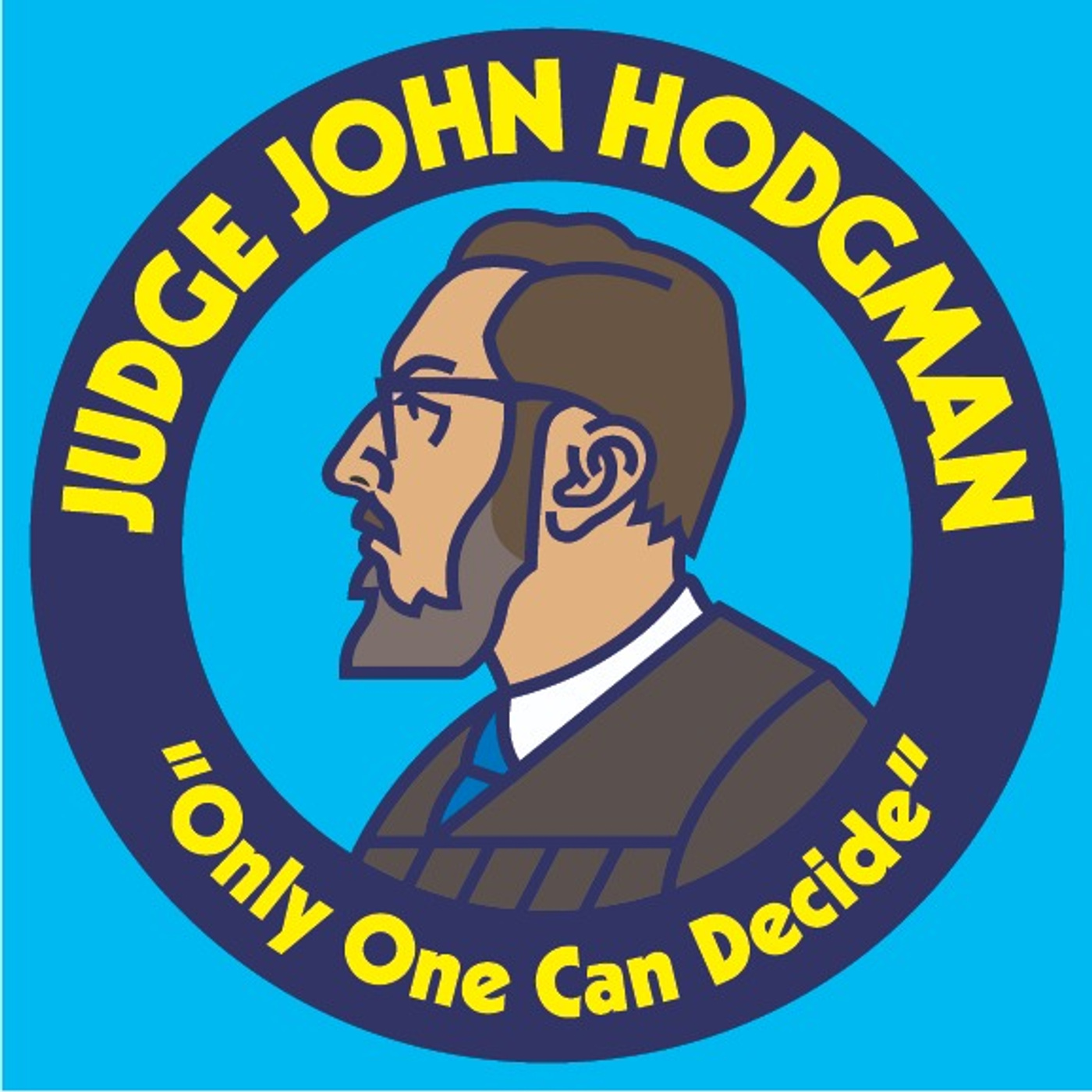
Judge John Hodgman
John Hodgman and Maximum Fun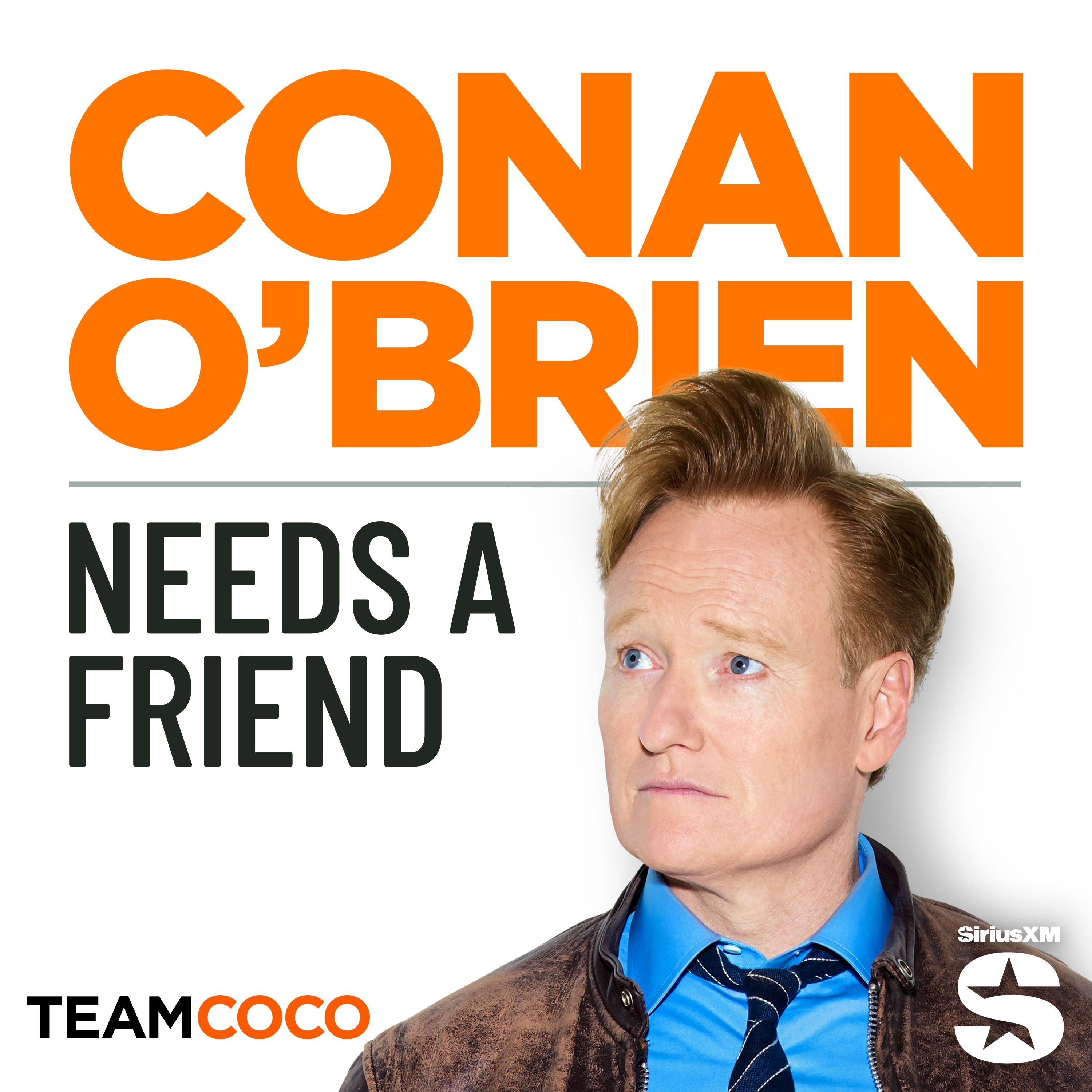
Conan O’Brien Needs A Friend
Team Coco & Earwolf
E Pluribus Motto
John Hodgman and Janet Varney
I, Podius
Maximum Fun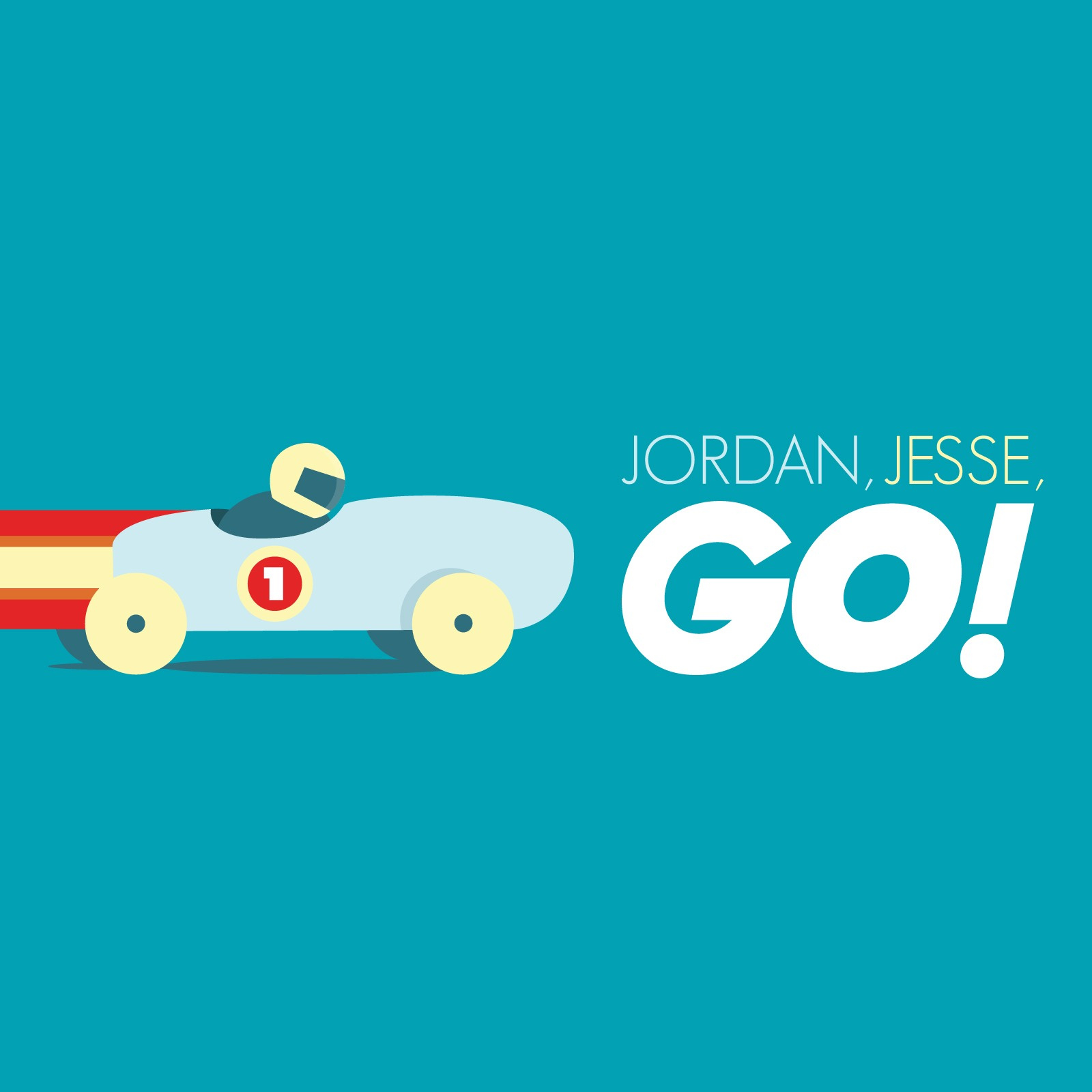
Jordan, Jesse, GO!
MaximumFun.org
Secretly Incredibly Fascinating
Alex Schmidt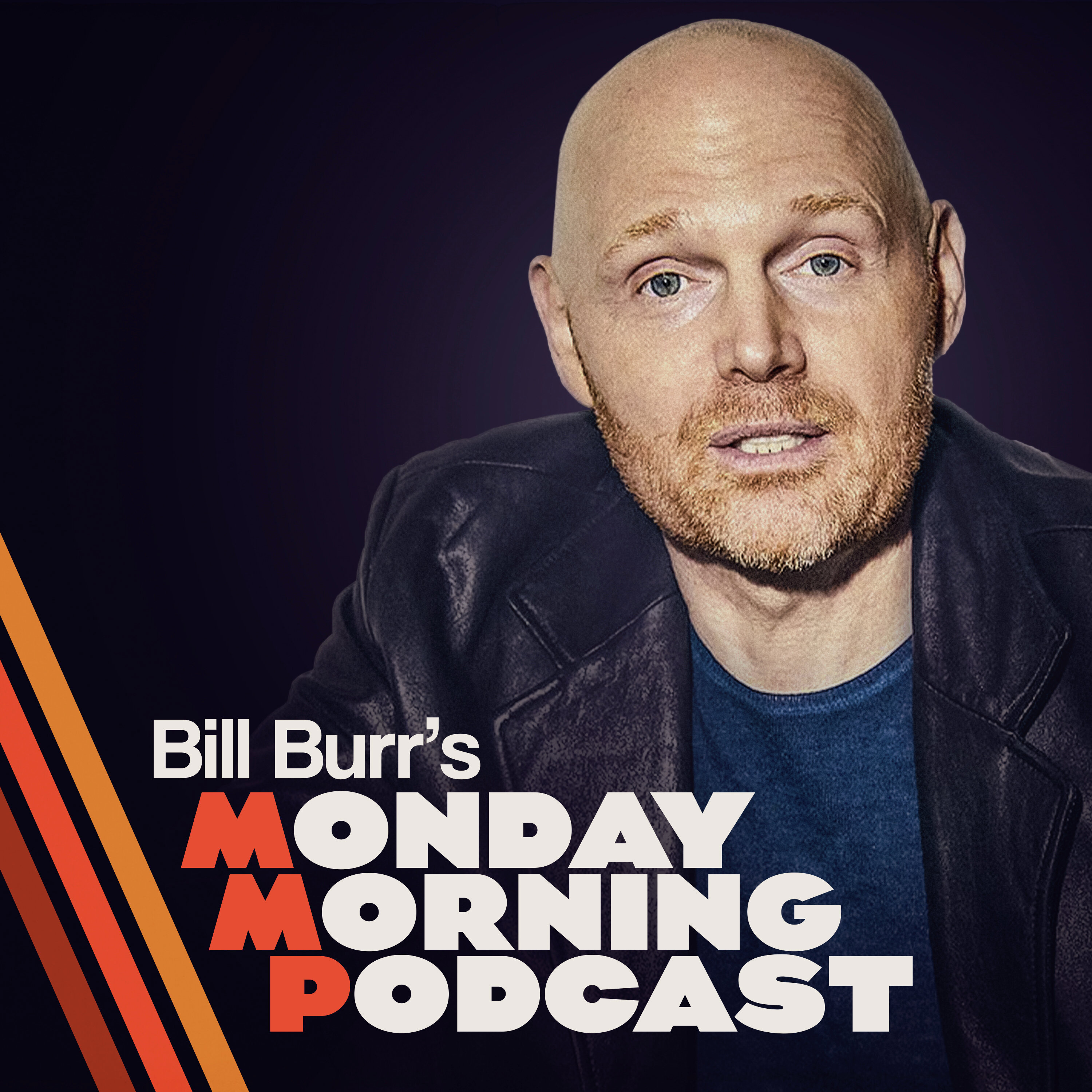
Monday Morning Podcast
All Things Comedy
WTF with Marc Maron Podcast
Marc Maron
